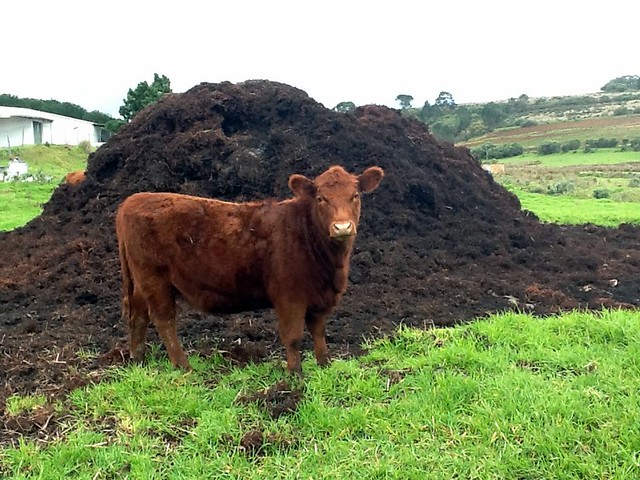
Before we present this week’s Weekend Reads, a question: Do you enjoy our weekly roundup? If so, we could really use your help. Would you consider a tax-deductible donation to support Weekend Reads, and our daily work? Thanks in advance.
The week at Retraction Watch featured a reminder that sometimes science just needs more bullshit; a call to make misconduct investigation reports public; and a puzzle about why retractions took so long. Here’s what was happening elsewhere:
Continue reading Weekend reads: Dean withdraws from post after retraction of Lancet book review; star researcher committed misconduct; a new way to game peer review?





